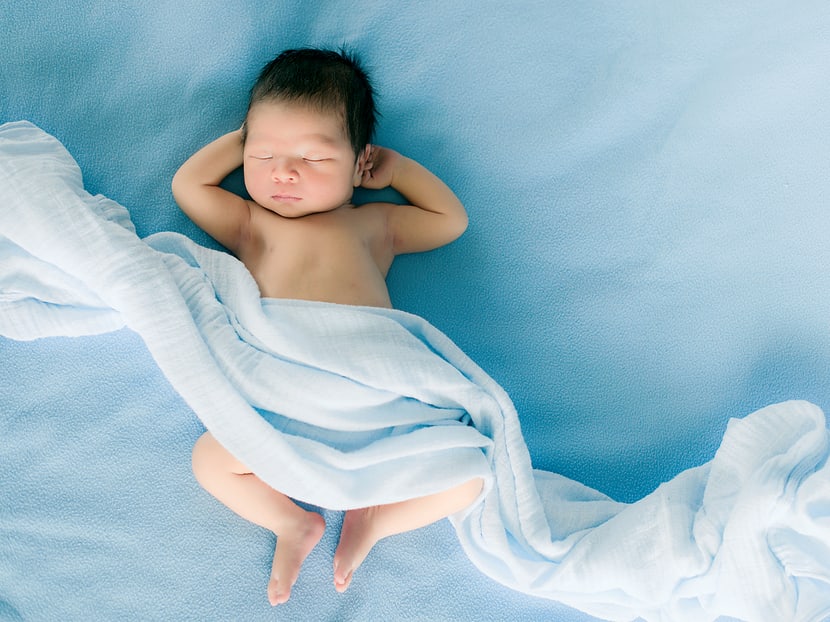Getting to the bottom of that itch
SINGAPORE — For more than a year, Madam Geraldine Sim sought to relieve her baby’s severe rashes which crack and bleed, and are found over his face and body.

Allergy testing is accurate but needs experienced practitioners to diagnose accurately. Photo: Thinkstock
SINGAPORE — For more than a year, Madam Geraldine Sim sought to relieve her baby’s severe rashes which crack and bleed, and are found over his face and body.
“I thought Darius was allergic to regular milk, so I paid more for hypoallergenic formula for him,” said the 32-year-old homemaker.
Mdm Sim let Darius undergo an allergy test at the age of one. The test revealed that house dust mites and shellfish were the cause of his eczema woes.
Allergy testing is done with a skin prick test (SPT) or blood test, which detects specific IgE — antibodies that recognise allergens that the person might be allergic to, said Dr Madeline Ho, consultant dermatologist at National Skin Centre (NSC).
Dr Liew Woei Kang, consultant paediatrician at SBCC Baby and Child Clinic at Gleneagles Medical Centre, said 30 per cent of moderate to severe eczema in babies is triggered by food or airborne allergens such as pollen, house dust mites and pet dander.
“Allergy tests would identify triggers for the eczema, and can be easily and accurately performed in young babies. Identifying them would allow for removal and improvement in eczema control,” said Dr Liew, who is also the president of Asthma and Allergy Association, Singapore.
From 2009 to last year, more than 900 SPTs have been performed on babies aged up to three years old at NSC.
WHAT IS AN SPT?
Darius underwent an SPT, during which a small amount of allergen was placed under his skin on his back via a skin prick. The test can also be carried out on the forearm. A doctor then watched for swelling and redness, or other signs of reaction that show a positive test.
Dr Ho said a child typically experiences mild discomfort during the skin pricking, and the results are usually seen within 15 to 20 minutes.
“Allergy tests are accurate, but there is the possibility of false positives and false negatives, which may result in inaccurate diagnoses,” said Dr Ho.
That is why the results would need to be interpreted by an experienced practitioner who would go through the patient’s clinical history thoroughly, she added.
Last year, NSC saw a total of 274 babies up to the age of three years for atopic dermatitis. This is a jump of about 35 per cent from the 203 cases seen in 2012.
It is unclear why some babies develop eczema.
Genes, an abnormal immune system and environmental factors such as heat, sweat and pollution may play a role.
Dr Ho added that children who have eczema also usually have a tendency to develop other allergies, including asthma and nasal allergies.








